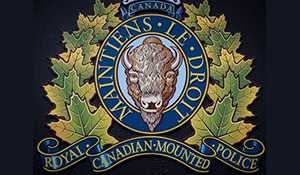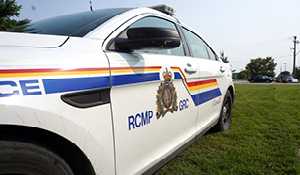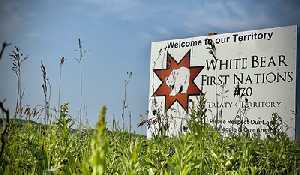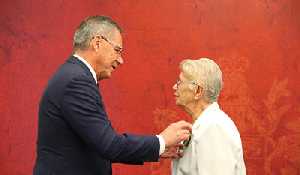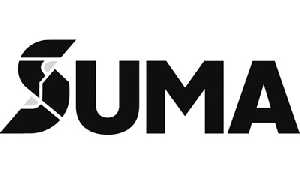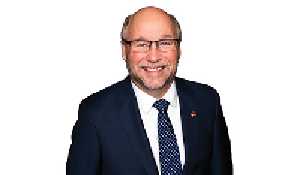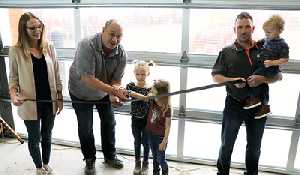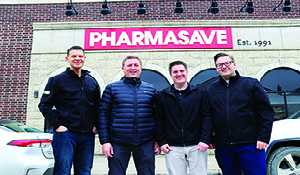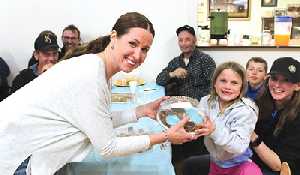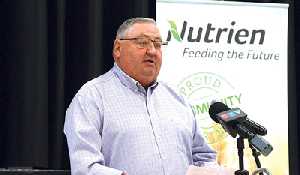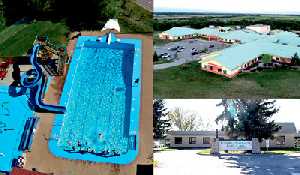First ultrasound tech program in Sask coming to Yorkton
February 26, 2024, 11:02 am
Ryan Kiedrowski, Local Journalism Initiative Reporter
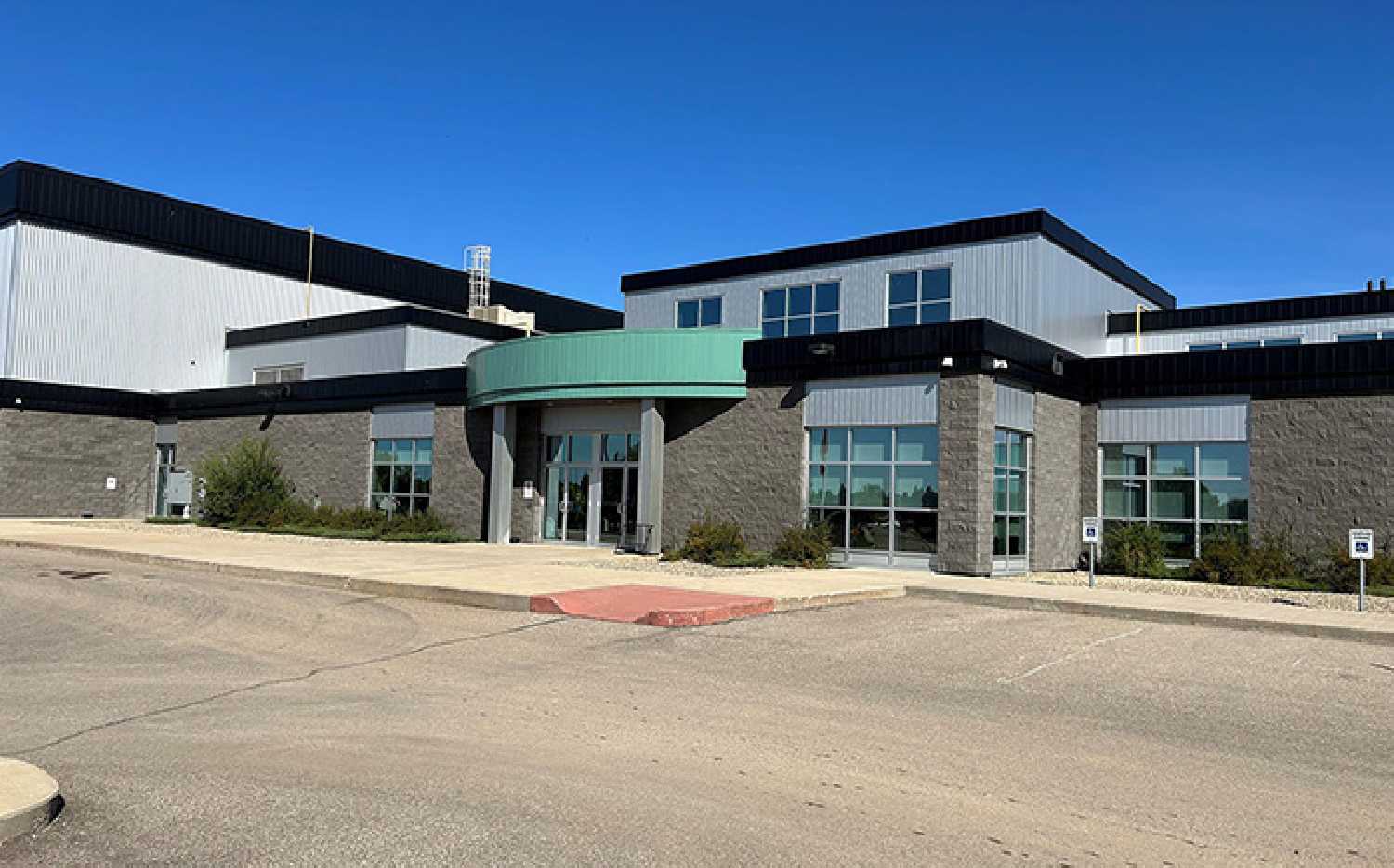

It’s an in-demand career and for the first time, students can gain their education at home instead of travelling to another province. Yorkton’s Suncrest College—in conjunction with Red River College Polytechnic in Winnipeg—is launching a Diagnostic Medical Sonography Advanced Diploma program this fall. The advanced diploma program is touted to offer a combination of theory and hands-on classroom learning with practical experience.
“Since the program announcement, the public response has been fantastic. The phones are ringing and the requests for more information has been non-stop. We have had dozens of applications already and they are continuing to come in,” Suncrest College CEO Alison Dubreuil said. “This reaffirms why we wanted to bring this program to Saskatchewan; the demand is very evident.”
Diagnostic medical sonographers gather and analyze ultrasound tests for patients, with Saskatchewan resident currently crossing the border west in order to gain their education. The program itself will train students to conduct ultrasound examinations with a focus on obstetrics, gynecology, abdomen and superficial structures, and vascular sonographic studies.
Suncrest College will be receiving a nice financial boost to get the project off the ground as well, in hopes that some of those students decide to remain in their home province.
“Our reaction is pride and excitement for being the first institution to bring this program to fruition and also immense gratitude to the people and partners who have worked with us and provided support,” Dubreuil said. “The Health Foundation of East Central Saskatchewan generously offered to raise up to $300,000 for specialized equipment.”
Melville-Saltcoats MLA Warren Kaeding also praised the health foundation for their support.
“We’ve really got to give kudos to the Health Foundation of East Central Saskatchewan, they’re willing to go out and purchase new equipment,” he said. “I mean, students are going to be working on new state-of-the-art equipment, which you don’t always get in older institutions as well.”
Between development work and an approval process, Dubreuil noted the program took three years to come to fruition. The provincial government also kept funding plans for the sonography program under their collective hat until the announcement.
“Going through the budgetary process, you just never know where projects that have been identified as a priority are going to end up. So it was something that was kept pretty tight right to the end,” Kaeding explained, adding how a large part of the Health Human Resources Action Plan is “to grow our own.”
“The more that you can support students locally, the greater chances are you’re going to be able to retain them long term,” he said. “The opportunities now that we’ve got in the Yorkton-Melville area for health jobs is just exponential, so the more we can train locally, the better chance we have the filling those.”
Added seats will secure the program until at least the 2024-25 year with students also able to compete for a non-reserved spot at institutions outside the province.
“Delivering this program through Suncrest in Yorkton will further help to meet Saskatchewan’s healthcare labour supply needs, particularly in rural parts of the province,” said Ministry of Advanced Education spokesperson Elisha Paul. “The Ministry of Advanced Education anticipates this program will not only serve Suncrest’s catchment area but will address training and labour needs of students and employers across the province.”
Applications for the 28-month program are being accepted until May 15 for the initial intake, but space is limited as six students will be making up the class starting in August. Tuition will cost students $19,225.
“The first cohort will be six students, who will graduate in December 2026,” Dubreuil explained. “Since there will be an intake every year, we will eventually have up to 18 students in the program at once, but with different end points. The total class size could be re-evaluated in the future.”
The Suncrest College program will also draw upon the knowledge of a Manitoba-based institution through a mutually beneficial partnership.
“By partnering with Red River College Polytech, we were able to utilize their ability to credit grant and have access to their specialized program resources,” Dubreuil said. “Along with an excellent reputation, RRC Polytech has extensive experience in the sonography education sector. Furthermore, RRC Polytech and Suncrest College have many similarities including student demographics and experience with providing quality education to rural students in the prairies.”
According to information from the provincial government, students who leave Saskatchewan to train in Alberta do return in fairly decent numbers. Through an interprovincial agreement, 85 per cent of those students come home to Saskatchewan after training is finished. But that is not always the case, depending on factors such as opportunities in larger centres.
“It’s interesting, I currently have a niece from Cochrane, Alberta, who is taking almost an identical course right now in Toronto because she had very few options as to where she could actually take this course,” Kaeding explained. “Again, once you lose young people to a big centre, the odds of you getting them back are getting decreased. So the more we can do this locally, the better off we are in local recruitment.”
Conversely, the program may also draw students to the province that decide to remain in rural medicine.
“If we can train them here, hopefully, we can expose them to all the virtues of rural life in Saskatchewan and ultimately, they’re going to meet someone and decide that this is their forever home,” said Kaeding. “You know, often we look at affordability, cost of living; We have so much to offer in rural Saskatchewan, to anyone that wants to come here—whether they’re from a major centre in Saskatchewan or outside the province or outside the country.”
Especially in the southeast, there are many fine communities for graduates to consider.
“The Saskatchewan Health Authority offers ultrasound services in many tertiary, regional and district hospitals across the province,” Paul said. “In the southeast, ultrasound services are provided within the hospitals located in the communities of Moosomin, Yorkton, Weyburn and Estevan. There are also a number of community providers that may offer ultrasound services at various locations across the province.”
With a pay range of between $31 and $55 per hour in Saskatchewan, medical sonography is a lucrative field.
